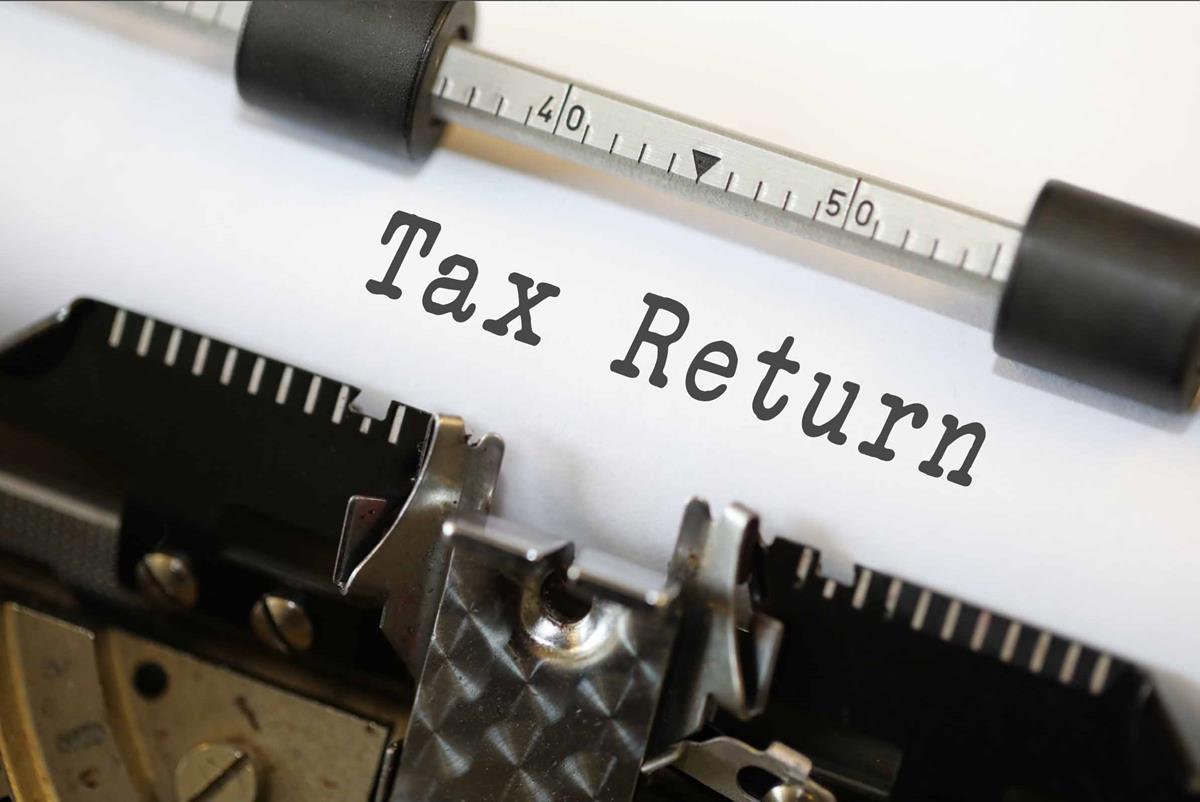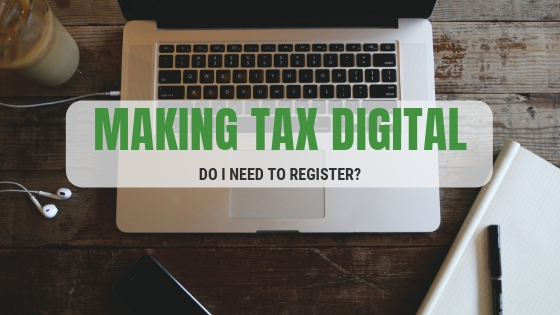
HMRC refuses to give pay details to tax agents from 1st May 2017
From the 1st May 2017 HMRC will change its current process of being able to confirm individual pay and tax details to tax agents, who ask for this information over the phone.
So, why are they doing this and what’s the process moving forwards? Well, HMRC says that the change to the existing process is to reduce the call handling costs and timing and to address security for taxpayers. Currently, HMRC receives 2.7 million telephone requests for taxpayer pay and tax details each year, and these are not just for employed taxpayers who are within self assessment. A great number of the calls are from high volume repayment agents.
Security Concerns
The security concerns have been raised due to callers impersonating the taxpayer. In addition, there are instances where the taxpayer has not been aware that they have signed an authorisation form 64-8 and/or a deed of assignment for tax repayments.
When the taxpayer contacts HMRC directly, they will be given the requested details over the phone, or they will be directed to access their personal digital tax account.
Under the new process – even where the agent IS authorised to act, that agent will not be able to deal with HMRC directly on the taxpayer’s behalf.
From the 1st May, there will be a brief recorded message when using the Agent Dedicated Line to explain the new procedure. HMRC will also write to tax agents notifying them of the change, and will announce the new process in the next edition of Agent Update.

Digital Solutions To Help Agents
So, in response to “HMRC refuses to give pay details to tax agents”, from late summer 2017 HMRC expects to have a digital solution in place to allow authorised tax agents to access pay and tax details for clients, without making a phone call. It’s not clear if this solution will be available to all tax agents, or if the agent will first have to pass a new security clearance to access the data.
HMRC has said that all new data access solutions will only be provided as APIs.
So What Does This Mean For Our Clients?
Basically this means that more correspondence will be coming directly to our clients, which will then need to be forwarded to us as we will not receive copies from HMRC. Furthermore, a greater responsibility will fall to our clients, as we will need to receive the correspondence from HMRC in a timely manner. Hopefully we will also be able to access the new Digital Solution mentioned above but the timescale for this is still yet to be delivered.
This new process begs the question as whether the proposed changes breaks the spirit of Your Charter (the taxpayers’ charter), which says at point 1.5:
“We’ll respect your wish to have someone else deal with us on your behalf, such as an accountant or a relative. To protect your privacy, we’ll only deal with them if they have been authorised to represent you, and we’ll deal with them courteously and professionally.”









